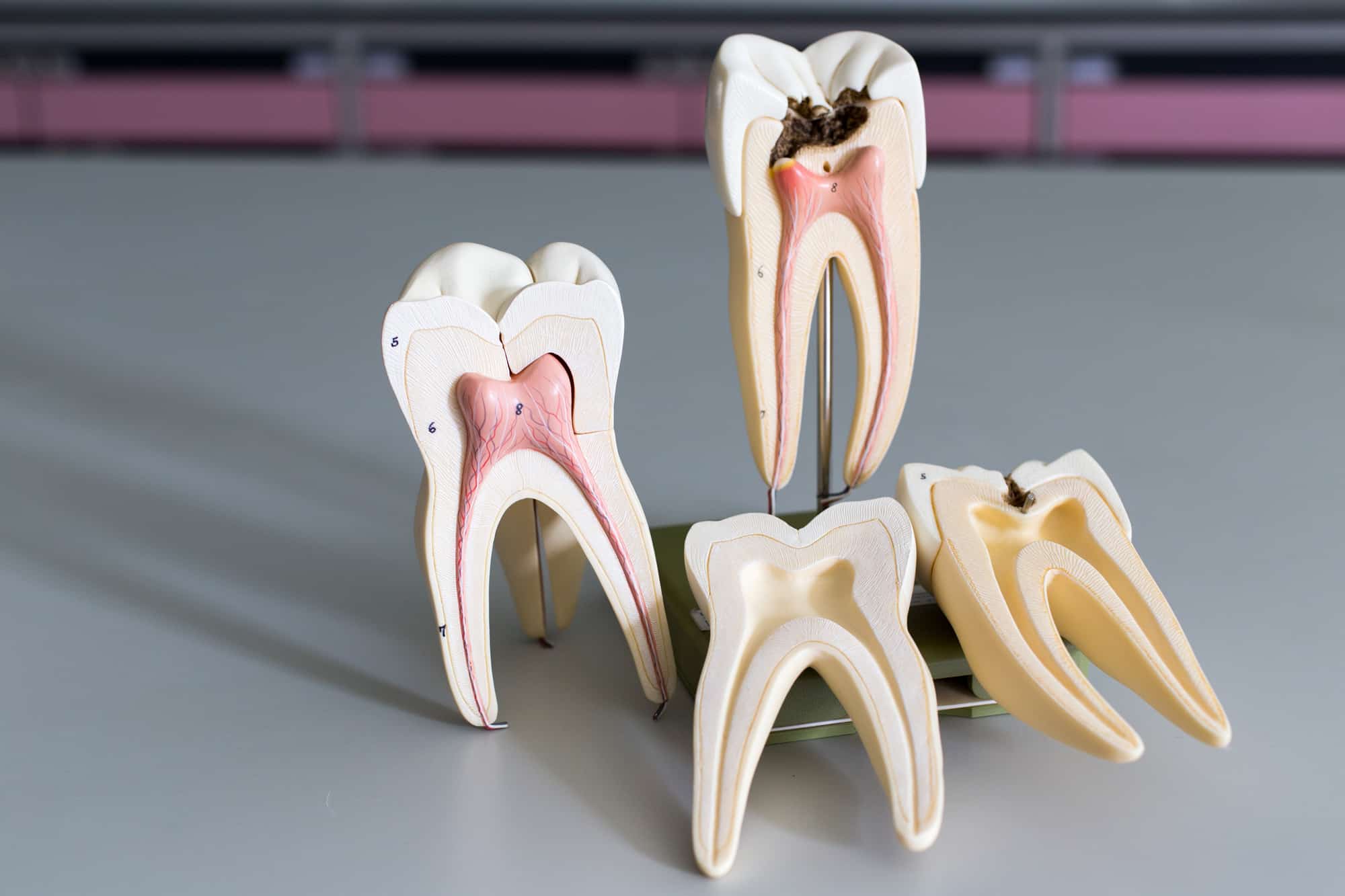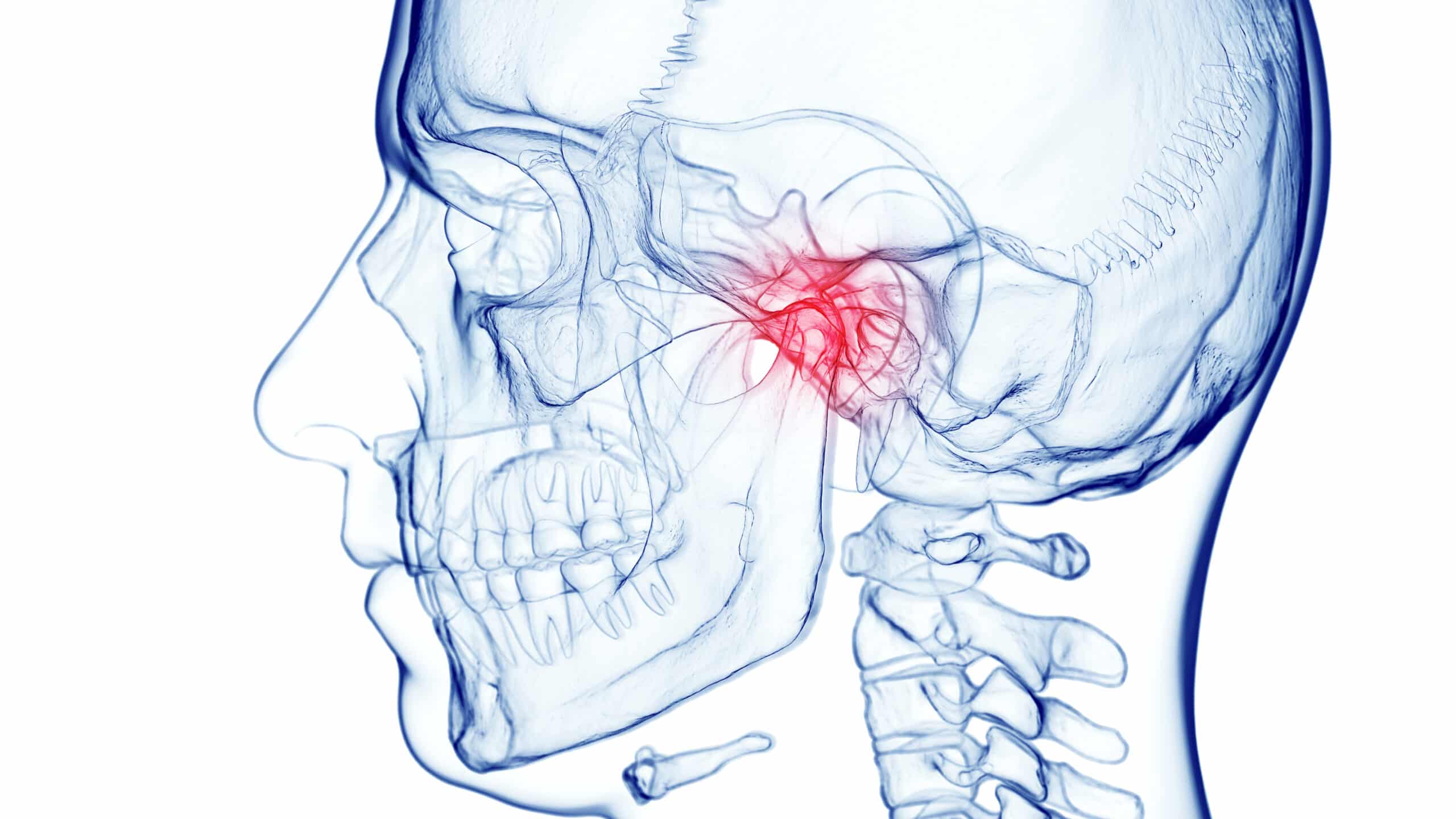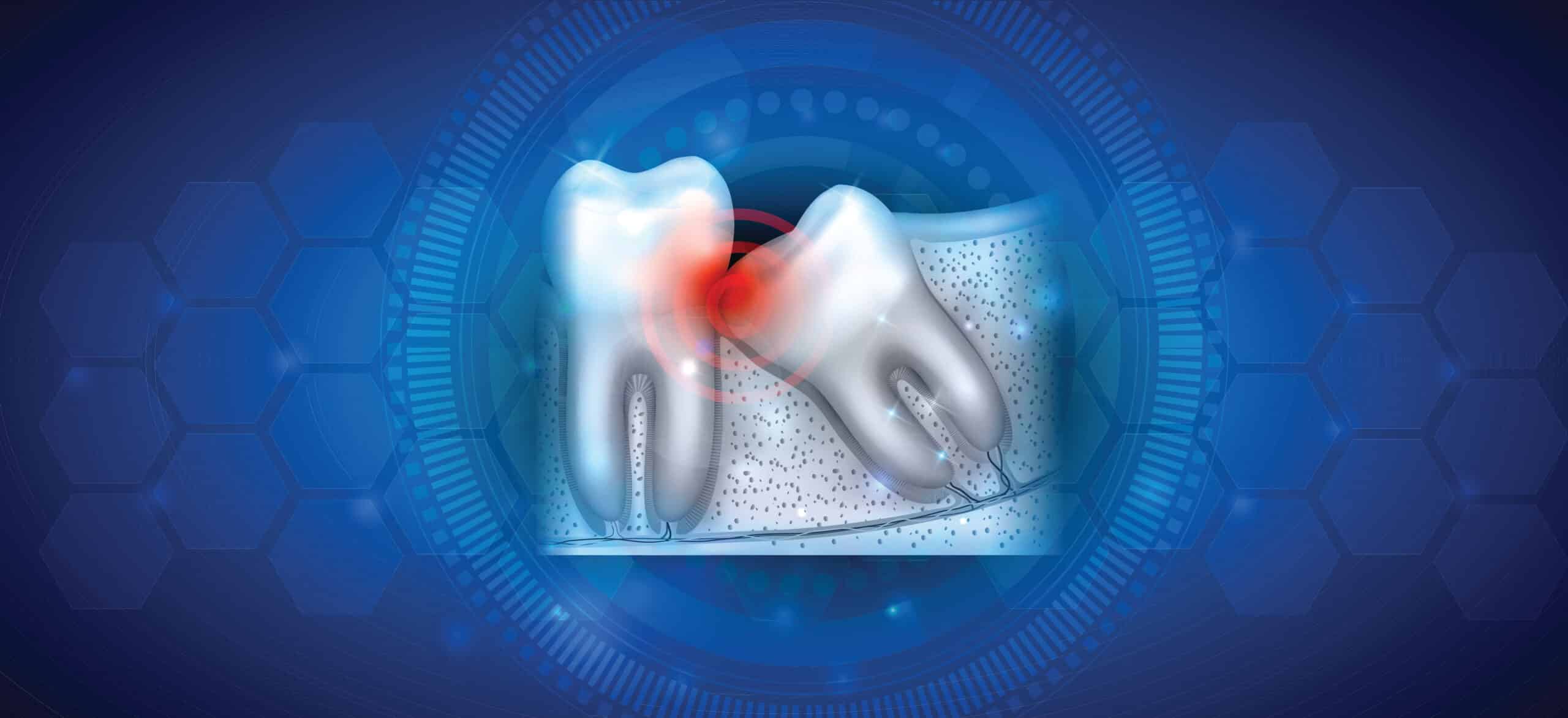Are you considering a visit to a dentist in Mississauga for persistent tooth pain? The discomfort could be nothing more than a cavity, but it could also be a sign of an infection or deep decay.
If your tooth is too damaged to repair with a standard filling, your dentist may recommend a root canal. While the thought of getting a root canal might make you nervous, there’s nothing to be afraid of. Root canal treatments are common, straightforward procedures with high success rates.
To put your mind at ease before your upcoming procedure, let’s take a closer look at what a root canal is, why you might need one, and what to expect from the treatment.
What Is a Root Canal?
Root canal therapy, also known as endodontic therapy, preserves your natural teeth when they’re too damaged to fix with other methods. It involves removing your tooth pulp, cleaning out the tooth interior, and covering it with a protective crown.
You can find the pulp of your tooth deep below the hard outer layer. This soft tissue mass is a mixture of nerves, connective tissue, and tiny blood vessels.
Pulp connects your tooth to the blood vessels in your jawbone and keeps it supplied with oxygen and vital nutrients. It also produces dentin to strengthen your teeth and provides sensation.
Why Do I Need a Root Canal?
If your dentist recommends a root canal procedure, it’s likely because you have a pulp infection. These infections are usually the result of severe tooth decay from poor dental hygiene. They can also occur after an injury or if your tooth chips and cracks.
The signs of a pulp infection to watch for include:
- Intense stabbing or shooting pain, especially when chewing or biting down
- Severe temperature sensitivity
- A persistent ache or feeling of pressure
- An area of swollen and/or tender gums around the tooth
If the pulp of your tooth gets inflamed and infected, you’ll notice. Pulp infections can be extremely painful and may result in tooth abscesses and tissue death. To prevent further spread of the infection to other teeth, your jaw, your sinuses, or even your brain, your dentist will either have to remove the infected pulp or extract the tooth entirely.
Both patients and dentists often prefer root canals to extractions because they let you keep your natural tooth. The recovery time is also much shorter and requires fewer follow-up treatments.
What a Root Canal Procedure Involves
Every root canal procedure begins with a consultation appointment.
Here, your dentist will examine the tooth and determine whether a root canal is necessary or if they can repair it with a less invasive method. They might also take x-rays to get a better view of what’s happening inside the tooth. Your comfort is a priority, so they’ll explain your options for treatment and make sure you know what to expect.
On the day of your treatment, your dentist will either numb the area with a local anesthetic or sedate you. You can discuss which of these you would prefer during your consultation.
Once your mouth is numbed, they’ll drill open your tooth just enough to access the pulp. They’ll then begin work on removing all the infected tissue and draining any abscesses that are present.
Next, your dentist will clean out all the remaining traces of bacteria and sterilize the inside cavity and roots of your tooth. The next step is filling and sealing off the inside of your tooth to avoid another infection in the future.
Finally, they’ll place a custom porcelain crown (also called a cap) on top of the tooth. This adds a second layer of protection and keeps your tooth from cracking. The crown also hides imperfections, adding to your glowing smile.
What Happens After a Root Canal?
Root canals are outpatient procedures, meaning you’ll be able to go home once your procedure is finished. If you were sedated, make sure to have someone else at the office waiting to drive you home.
Your tooth and the surrounding area may be sensitive for the first few days after your procedure, but the intense pain from the infection will be gone. You’ll notice any discomfort start to go away as your mouth heals and the swelling goes down. Until then, you can manage the soreness with over-the-counter pain medicines and/or ice.
Even though your tooth is now sealed off from infection, good oral hygiene is still important. Keep brushing and flossing twice daily per your dentist’s recommendations.
Average Root Canal Cost
The cost of a root canal varies from case to case. Factors that influence how much you’ll pay include the severity of your infection, the type of crown you choose, and if you have dental insurance.
If you’re ever concerned about the cost of treatment, don’t be afraid to talk to your dental team. They’ll work with you to ensure you get the treatment you need in a way that you’re able to afford. They can also help explain whether or not your dental insurance covers root canal procedures and, if so, whether it’s totally or partially covered.
Ask Your Dentist in Mississauga About a Root Canal Treatment
Heading to your dentist at the first sign of tooth pain is the best way to avoid a root canal. If you do find that you need one, though, it helps to have an expert at your side.
If you’re looking for a dentist in Mississauga to take care of a root canal or any other dental concerns, it’s time to visit Smile by Design. Our experienced doctors and care team are committed to giving you as comfortable and pain-free a procedure as possible. The earlier you treat tooth infection, the better, so call us at 647.905.5902 or contact us online to book your appointment today.




